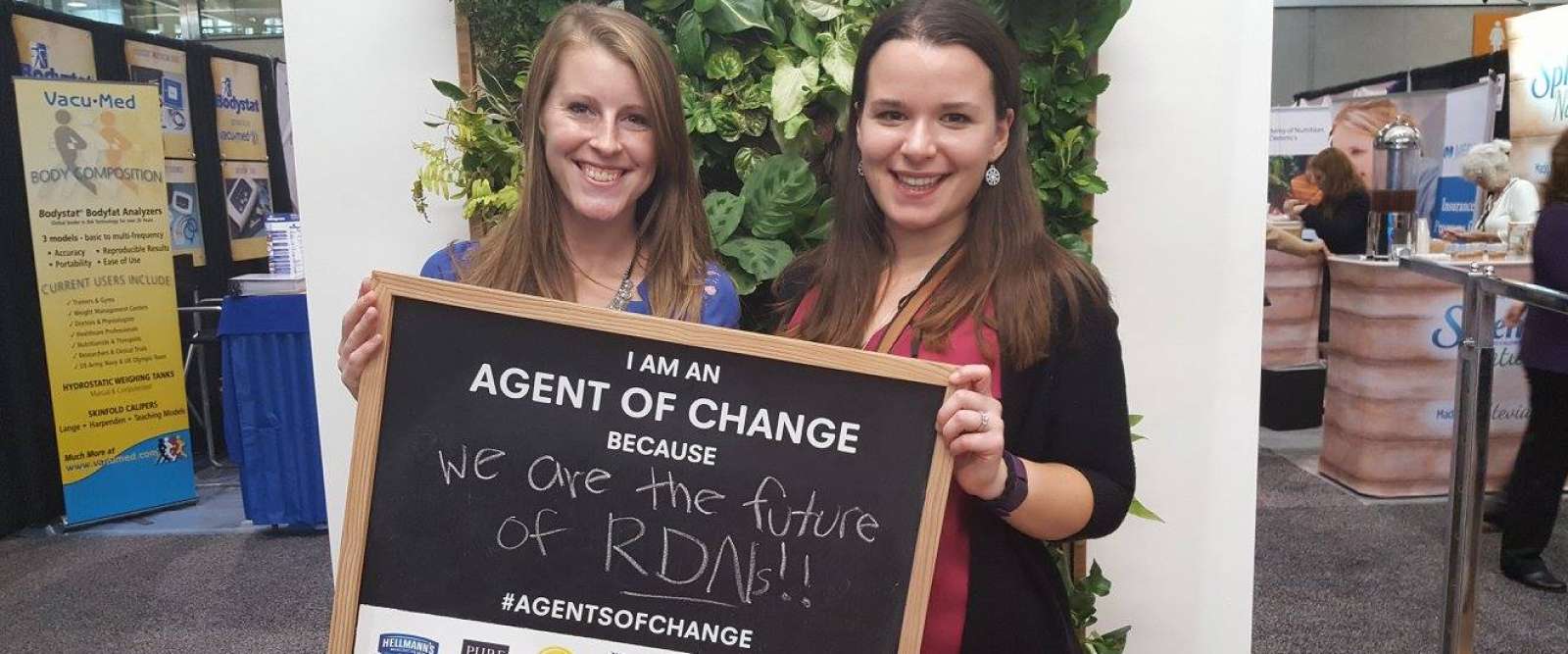Mission Statement
The Keene State College MSDI in Public Health Nutrition cultivates leaders that provide nutrition and health education and interventions for individuals, communities and populations. By developing, implementing and evaluating evidenced based programs through local, county and state agencies, as well as support and advocate for federal policy health initiatives, graduates will demonstrate understanding of preventative health care and its global impact.
Vision Statement
The Keene State College Combined MSDI in Public Health Nutrition aims to prepare graduates as competent providers of nutrition and health education and interventions for individuals, communities and populations. By developing, implementing and evaluating evidenced based programs through local, county and state agencies, as well as support and advocate for federal policy health initiatives, graduates will demonstrate understanding of preventative health care and its global impact. Our graduates will exhibit competency through didactic work and supervised practice including but not limited to food service management in public elementary, secondary and higher education locations, clinical work in both acute and long-term care settings and public health programs in the areas of behavior change, chronic disease prevention, food insecurity, food sustainability and nutrition interventions.
Program Goals
-
Graduates will be competent dietetic professionals who are critical and progressive thinkers.
-
Graduates will be prepared to develop and design public health promotion and disease prevention activities that are population based.
Program Emphasis Competencies
To assure competency in our focus area of Public Health Nutrition, interns will demonstrate the following program specific competencies:
-
PHN 1 Utilizes national and global quality and safety data to improve the quality of services provided and to enhance client/population-centered service.
-
PHN 2: In collaboration with stakeholders, develop and design nutrition programs and services that are client/population-centered, culturally appropriate and minimizes health disparities.
Program Objectives
Program Objective #1
Graduates will be competent dietetic professionals who are critical and progressive thinkers.
-
Objective 1a: The program’s one-year pass rate on the CDR credentialing exam for dietitian nutritionists is at least 80%.
-
Objective 1b: At least 80% of program students complete program/degree requirements within 33 months (150% of program length).
-
Objective 1c: Of graduates who seek employment, 85% are employed in nutrition and dietetics or related fields within 12 months of graduation.
-
Objective 1d: Graduate surveys will indicate that 80% of graduates will agree or strongly agree with the statement “I had the necessary entry level skills for my first job.”
-
Objective 1e: Supervisor surveys will indicate that 80% of supervisors will agree or strongly agree with the statement “She/he had the entry-level skills necessary for this job.”
-
Objective 1f: Graduate surveys will indicate that 80% of graduates will agree or strongly agree with the statement “I had the ability to think critically, analytically, and progressively when seeking solutions to work related issues.”
-
Objective 1g: 80% of program graduates take the CDR credentialing exam for dietitian nutritionists within 12 months of program completion.
Program Objective #2
Graduates will be prepared to develop and design public health promotion and disease prevention activities that are population based.
-
Objective 2a: : End of Program surveys will indicate that 90% or more of graduates will agree or strongly agree with the statement “I feel confident in my ability to develop and design population-based health promotion and disease prevention activities.”
-
Objective 2b: 90% of graduates will score a 3 or higher on the evaluation form designed to evaluate the graduate’s ability to design and develop community health promotion and disease prevention programs. (on a scale of 1-4 where 1=beginning and 4=exemplary)

